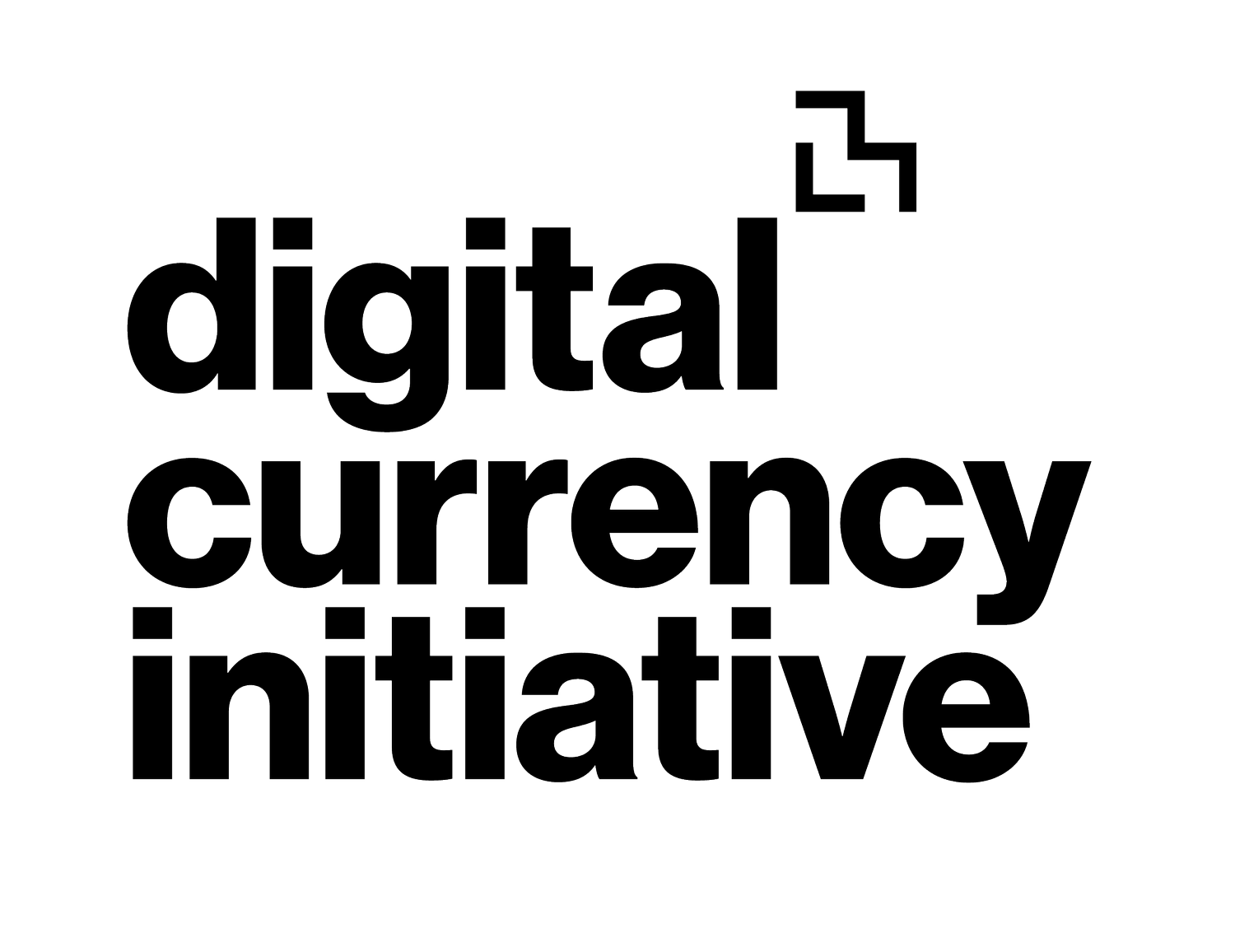Reliability and Consensus Protocol
This report was the result of a working group collaboration, in the Blockchain Labs course (2019) with Deloitte and authored by Ingird Mosquera (MIT), Mert Karakus (MIT), and Nicholas A Ulven (MIT).
Abstract:
Many stakeholders rely on the design and implementation of a Blockchain’s consensus protocol. These stakeholders include Blockchain software developers, ICOs, consortia, investment funds, digital currency exchanges / wallets, others in public / private. There are many risks to consider but those around Governance will be key (what happens when there are intended or unintended changes or when governance breaks down?). There needs to be a commonly accepted framework for assessing risk and reliability for existing and newly proposed consensus mechanisms. Research on the topic with Deloitte experts.
Project goal / Research question
Develop a framework to assess the reliability of a blockchain consensus protocol
Excerpt from Executive Summary:
In computer science “distributed consensus is the problem of how multiple, independently run computers can reliably agree on a set of common data in the presence of faults (i.e. in the case that one computer intentionally or unintentionally is programmed to introduce false information).”1
Ledger technologies - known as Blockchain – are based on cryptographic locks and computational algorithms that record and verify transactions and engagement terms under distributed consensus protocols. The consensus protocol creates an append-only log (transaction ledger) which then creates an auditable database. “This database is constructed by multiple, possibly distrusting participants and is secured using cryptography so that every entry can be audited and verified.”2
The consensus protocol is the center of the blockchain based system as it is the mechanism that creates the ledger and maintains the legitimacy of the database. In evaluating different consensus protocols, it is important to assess different dimensions such as scalability3; latency4; costs5; privacy and reliability. The reliability is the likelihood that the distributed consensus will produce the correct output in the presence of faults. The objective of the project is to develop a framework to assess the reliability of permissionless blockchain consensus protocols6. …
Part of the Comparison of Consensus Protocols Project
Lorem ipsum dolor sit amet, consectetur adipiscing elit. Donec eget condimentum odio. Integer non ante in purus commodo facilisis. Donec tellus lorem, semper a cursus et, porta sed lectus. Nulla maximus dui at diam molestie, eu sollicitudin lacus viverra. In posuere tellus et quam sollicitudin vulputate.

